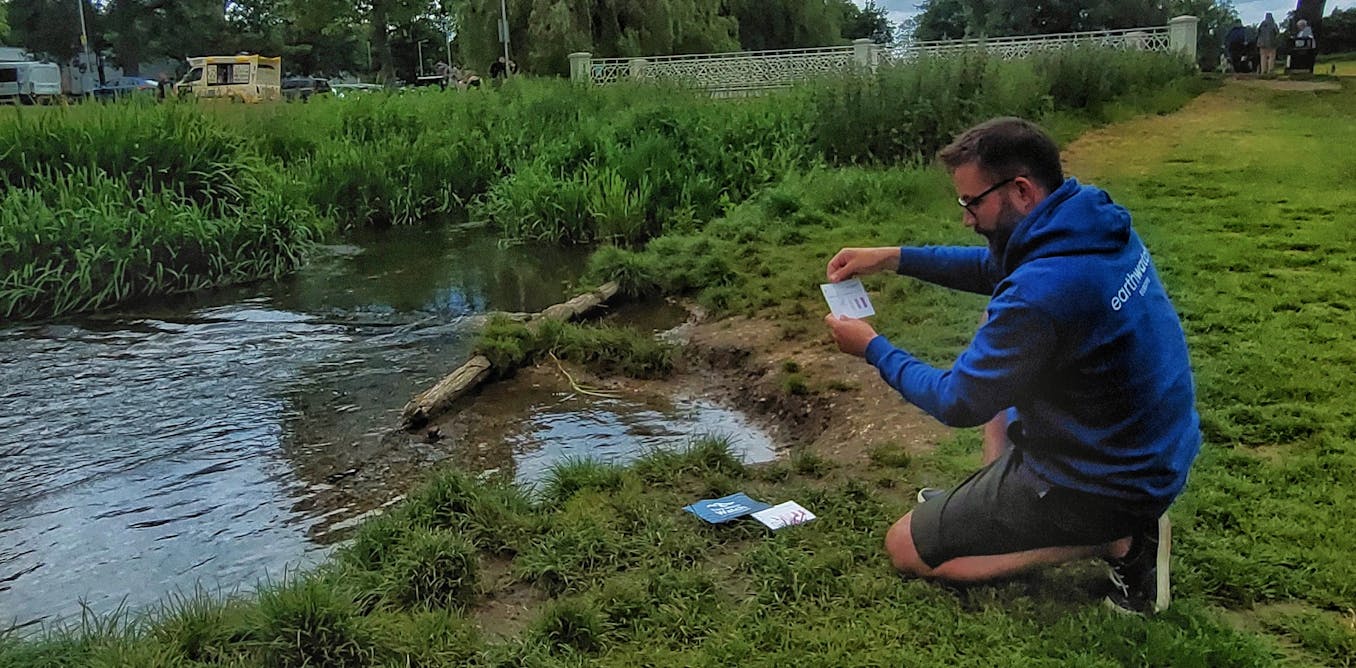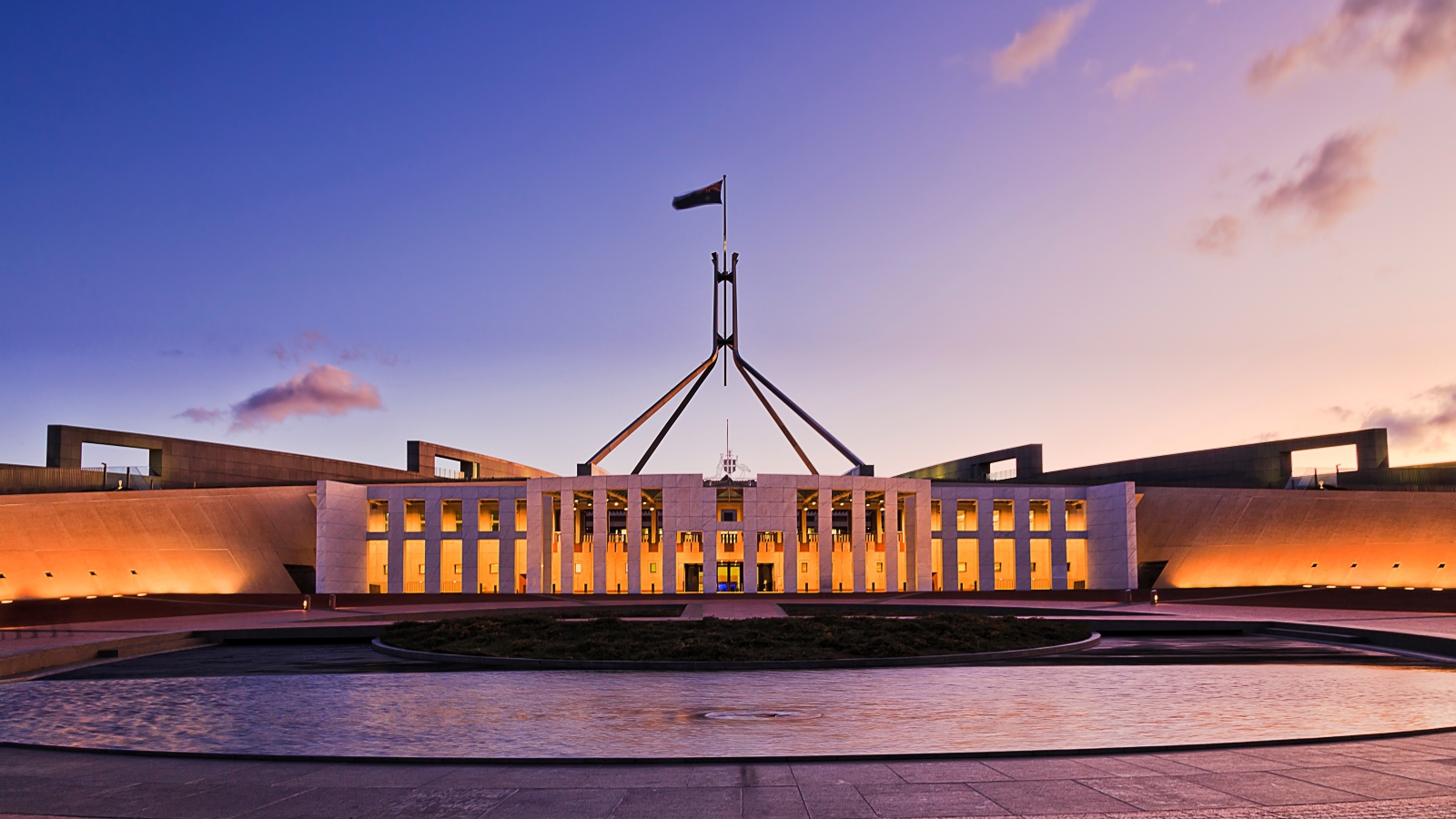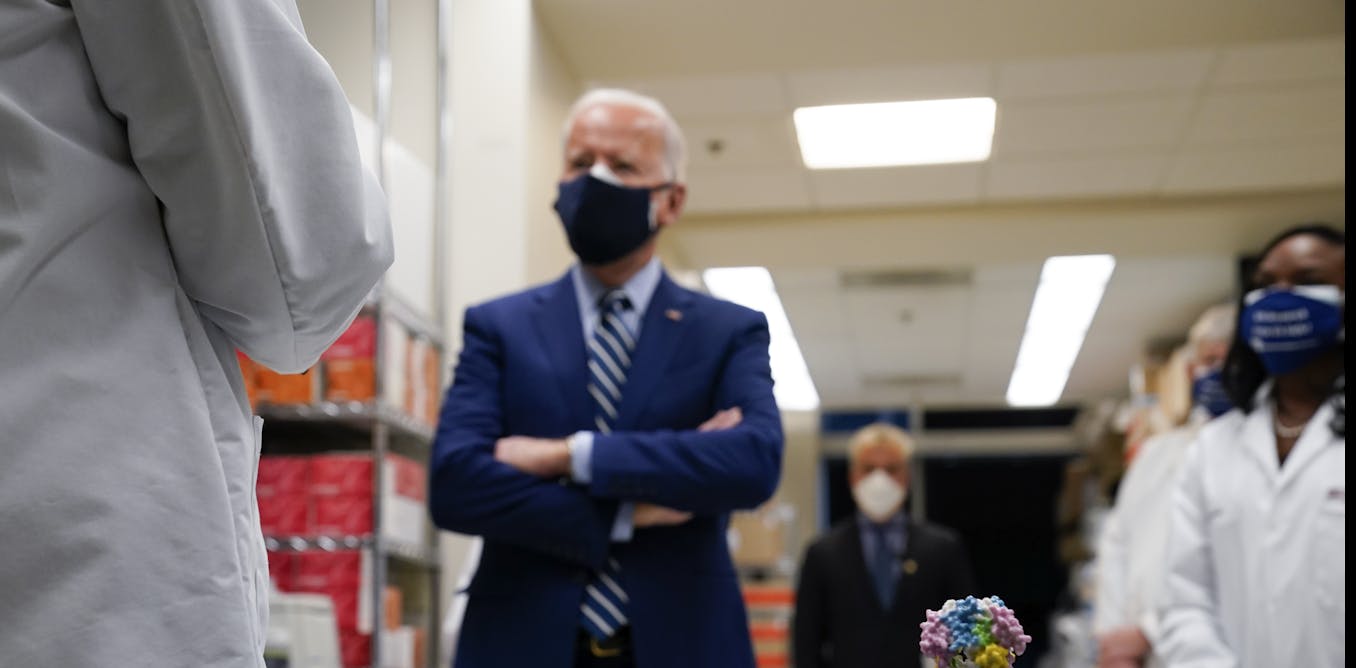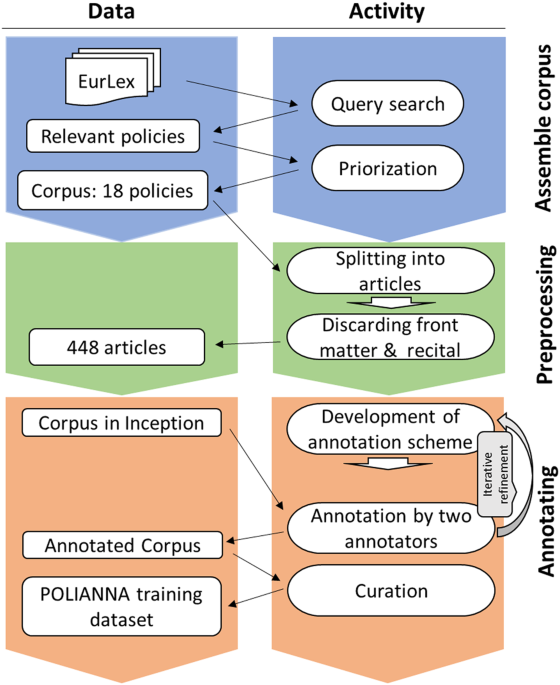Connecting Research to Real-world Outcomes: Policy Documents in the Web of Science
Connecting Research to Real-world Outcomes: Policy Documents in the Web of Science

Send us a link





More interdisciplinary research may have greater relevance and be more heavily cited in policy documents.

Online guide from UK Government Office for Science is targeted at academia and industry
What are science-policy panels and why are they important in the battle against the triple planetary crisis?

The link between trust and relatability is important to good science communication.

Inclusion of Open Science principles and guidelines in the new policy framework marks a first for the region and Africa and is set to unlock the full potential of scientific research and drive sustainable development across East Africa.
Join the Carnegie Endowment for International Peace for a special discussion that will bring together IPCC authors (including some who will participate in Riga), climate policy experts, and writers using fiction and narrative to push the boundaries of science and policy.
While the importance of translating evidence into policies and practices is widely acknowledged by evidence producers, intermediaries, users, and funders, there is much less agreement on suitable mechanisms for promoting effective evidence use. As a response, the World Health Organization (WHO) has initiated an extensive and inclusive research priority-setting exercise in Knowledge Translation (KT) and Evidence-informed Policy-making (EIP) through a series of technical consultations.
What are the conditions under which a policymaker is justified in claiming that a given policy is evidence-based?



Despite the importance of ambitious policy action for addressing climate change, large and systematic assessments of public policies and their design are lacking as analysing text manually is labour-intensive and costly. POLIANNA is a dataset of policy texts from the European Union (EU) that are annotated based on theoretical concepts of policy design, which can be used to develop supervised machine learning approaches for scaling policy analysis.

How we spend our time directly impacts how satisfied we are with our lives, and understanding the activities that bolster our wellbeing can help policymakers make better decisions when allocating resources. Research is helping them do just that.
